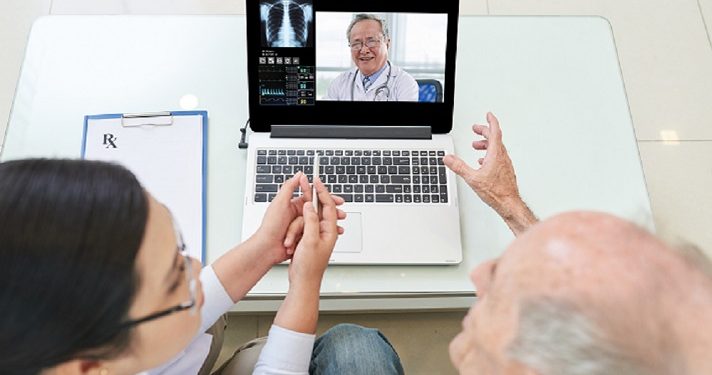Clinical rotations in medical schools are assigned shifts of medical students at an appointed healthcare site. Once a student is assigned to a site, they provide health care services under supervision in a clinical setting, both individually as well as being part of a team. Students who are at their med school clinical rotations are often tasked with things like patient interviews, lab tests, lab data reviews, etc. This role is nothing different than that of a clerkship that lasts several weeks at a particular site. Only after a few weeks, does one student gets rotated to another location. Students, therefore, get a unique opportunity to take a closer look and deeper dive into doctors’ discipline and daily routines. At the end of every rotation, students are evaluated by the clinical instructor. They may also be needed to clear standardized tests, also known as shelf tests, to make advancements.
What Are The Different Types Of Clinical Rotations?
Typically, medical students need to finish 80 weeks of clinical rotations as training or exposure during their stay in medical school. The two main types of clinical rotations are – ‘core’ and ‘elective’. Even though specific core rotations are necessary, students can still request different elective rotations.
Core clinical rotations include the following – –
- Family medicine focuses on patients of all ages (pediatrics, adults, as well as the elderly)
- Internal medicine aims to diagnose, prevent, and treat diseases affecting adults internally.
- Psychiatry is about the diagnoses, treatment, and prevention of emotional, behavioral, and mental health disorders.
- Surgery focuses on the treatment of minor injuries severe traumas to diseases of all sorts.
- Gynecology and Obstetrics focus on women’s wellbeing and health – from prenatal to postpartum care encompassing care, labor, as well as delivery.
Elective rotations have the huge benefit of giving students the opportunity to focus on the specialty of their choice.
How Long Do Clinical Rotations Last?
Core rotations have a longer duration than electives due to the program requirements.
In core rotations, students may need to finish within 6-12 weeks.
Electives usually last for four to eight weeks. A student can finish both elective and core requirements in just one rotation and that entirely depends on the type of rotation. For instance, a family medicine core, that has a duration of 12 weeks, may require 8 weeks of work in a hospital and another month or four weeks at the same place. Clinical shifts usually last for eight to twelve hours. They can be during weekdays, overnight, or even on weekends.
How Should You Plan a Clinical Rotation Schedule?
During the initial days of medical school, start exploring what specialty you’d prefer. Narrow down your choices to a few and that will help you schedule your clinical rotations perfectly. Scheduling for clinical rotations starts after students qualify for the USMLE Step 1 exam. Experts recommend scheduling one’s preferred specialty during the end of their degree programs, as all the experience they have gained from previous rotations can help them get an edge and perform better. You could also earn a recommendation letter for your residency application.
Now that you know about clinical rotations in medical schools, enroll in a program at the earliest and have a bright career in medical sciences.
Follow Techdee for more!





